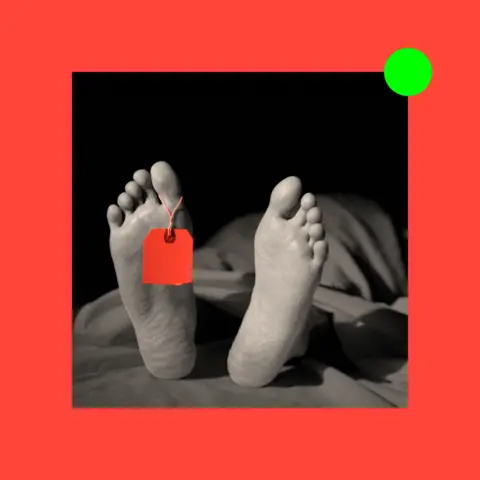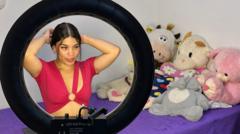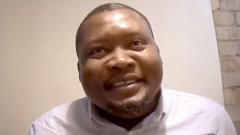In the somewhat shadowy world of body donation, the story of Harold Dillard epitomizes the troubling intersection of altruism and exploitation. Once a proud Texan facing terminal cancer, Dillard was approached by a body brokerage company that offered to donate his remains to medical research after his death. Unfortunately, what followed revealed a grotesque underbelly of this industry, as more than 100 body parts were discovered improperly stored by authorities, suggesting a severe lack of respect for the deceased. Critics argue that this practice, dubbed 'body brokering,' is reminiscent of grave-robbing, leading to a heated debate over the ethics of selling human remains for medical education and research. While some stakeholders advocate for strict regulations akin to those in Europe, the demand for cadavers remains high, with many questioning whether the for-profit model can coexist with the respect the dead deserve. As bodies are shipped overseas and the burgeoning market continues, both advocates and critics agree that conversations surrounding body donation—what it means, who it benefits, and who profits—are more important than ever.
Exploring the Legal Yet Controversial Trade in US Body Parts

Exploring the Legal Yet Controversial Trade in US Body Parts
A deep dive into the world of body brokers in the US, where the donation of remains can lead to exploitation and ethical dilemmas.
This article examines the unsettling trade of body parts in the United States, highlighting a case that unveils the darker side of corpse donation to science. With minimal regulation, companies often exploit grieving families, raising questions about the ethics of this industry and the dignity of the deceased.




















